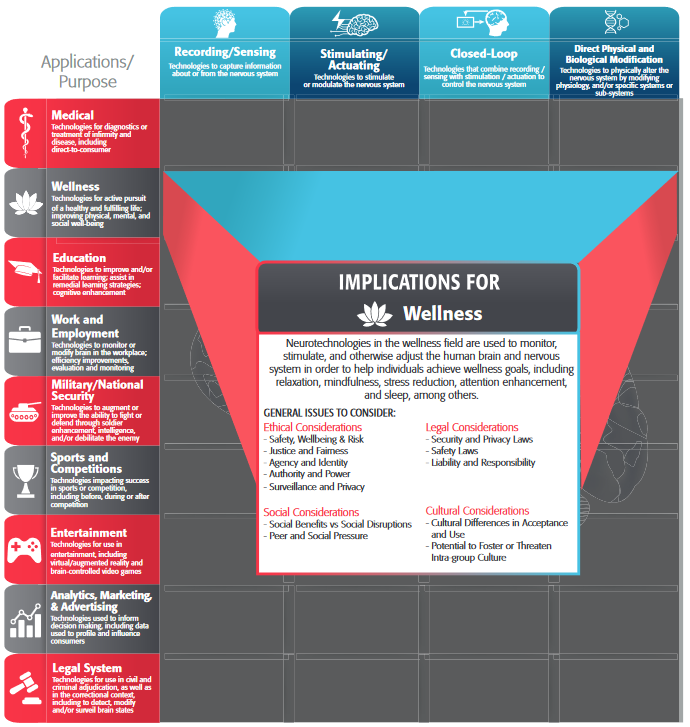Implementing individualized technologies to enhance teamwork in human-agent teams requires: (a) precise observation or inference of individual and team states, processes, and performance over time, (b) understanding of dynamic events in the operational environment and within the hierarchical and lateral structure of the teams, and (c) the ability to seamlessly and synchronously allow for adaptation while maintaining effective collaboration, coordination, and dynamic control amongst humans and agents. While much progress is being made in these areas, we suggest that addressing the following scientific questions is critical to realizing this future vision for human-agent teaming:
1. The ability to deliver interventions to modify behavior of the appropriate team member at the appropriate time will be critical for enabling effective human-agent teams. What type of interventions are likely to be most effective at enhancing team performance? How will the need to enhance performance of each individual agent be balanced against the need to improve performance of the team? What types of situations warrant sacrificing the performance of an individual team member for the good of the team? What types of situations or tasks warrant sacrificing team performance in order to enhance individual performance?
[wpforms id=”1353″ title=”false” description=”false”]2. What methods are needed to sense shifts in environmental and sociocultural influences, changes in mission goals, and determine relevance to the team mission? As dynamic events unfold, the availability of information is often sparse, and the reliability of information available is often unknown. What mechanisms must be in place to account for and adapt to the fluid nature of information availability and reliability in these dynamic situations? How can human-agent teams be designed to adapt to these events effectively, given the expected changes in information reliability?
[wpforms id=”1354″ title=”false” description=”false”]3. To enhance human-agent team performance, technologies must be capable of balancing among different types of states and processes within the team. On one level, there are questions regarding balancing individual and team variability, such as: How can advanced measurement technologies be used to infer individual and team states and behaviors, incorporating variability in humans and agents over time? How can advanced measurement methodologies and modeling techniques be employed to understand dynamics in team processes over multiple timescales? On another level, there are questions regarding the balancing the skills and tasking of individual team members on multiple timescales: How can technologies assist in the dynamic allocation of tasks to individual team members to appropriately balance the variability in both physical and cognitive skills and capacity across the team in order to maximize team performance? How can technologies be used to manage team activities to enhance effective states such as cohesion? Given all of these competing needs, how can technologies effectively balance all of these needs to achieve optimal performance over the life-cycle of the team?
[wpforms id=”1355″ title=”false” description=”false”]Call for Comments:
- What are other scientific questions critical to the implementation of individualizable and adaptive team-enhancement technologies?
- Other related comments


